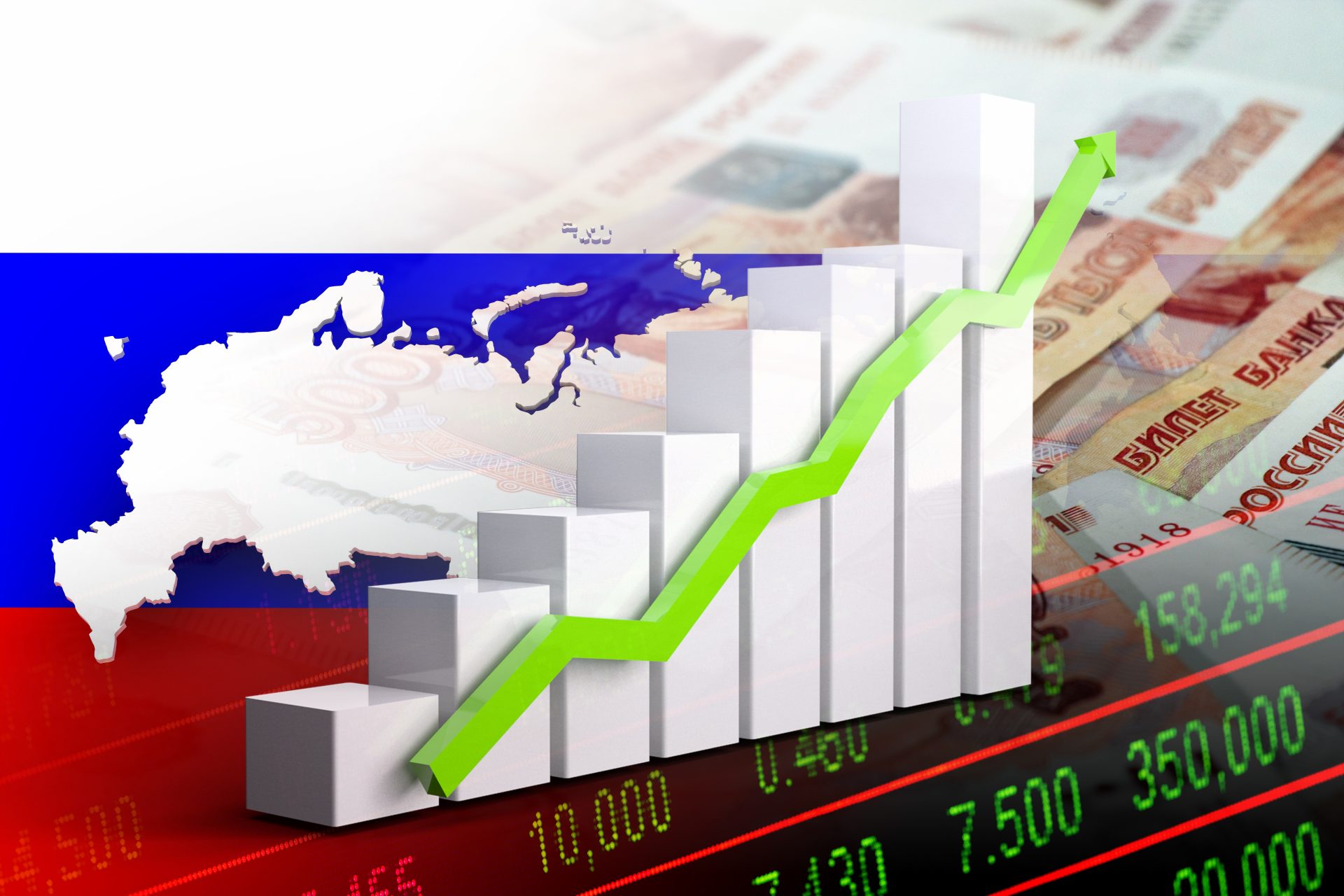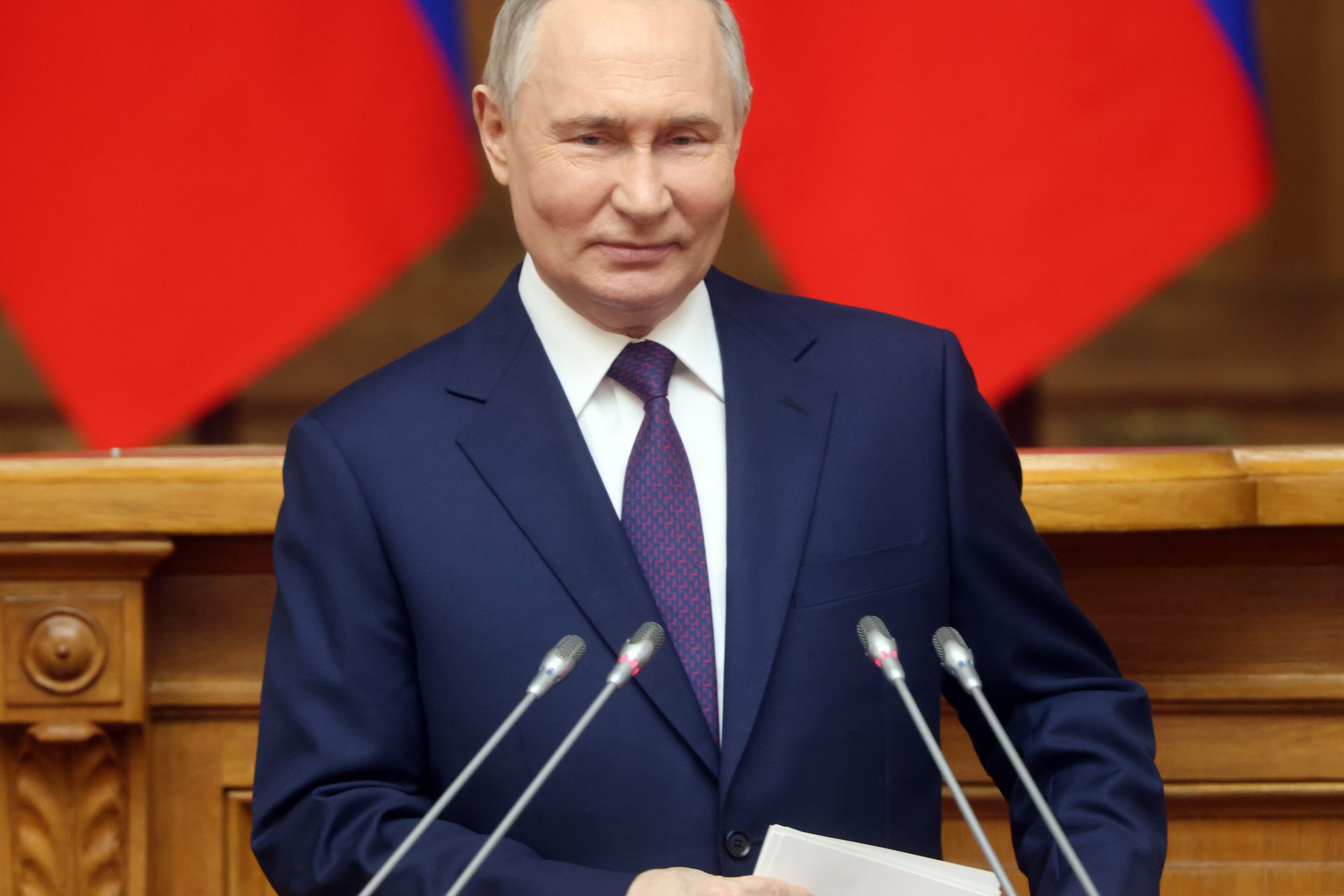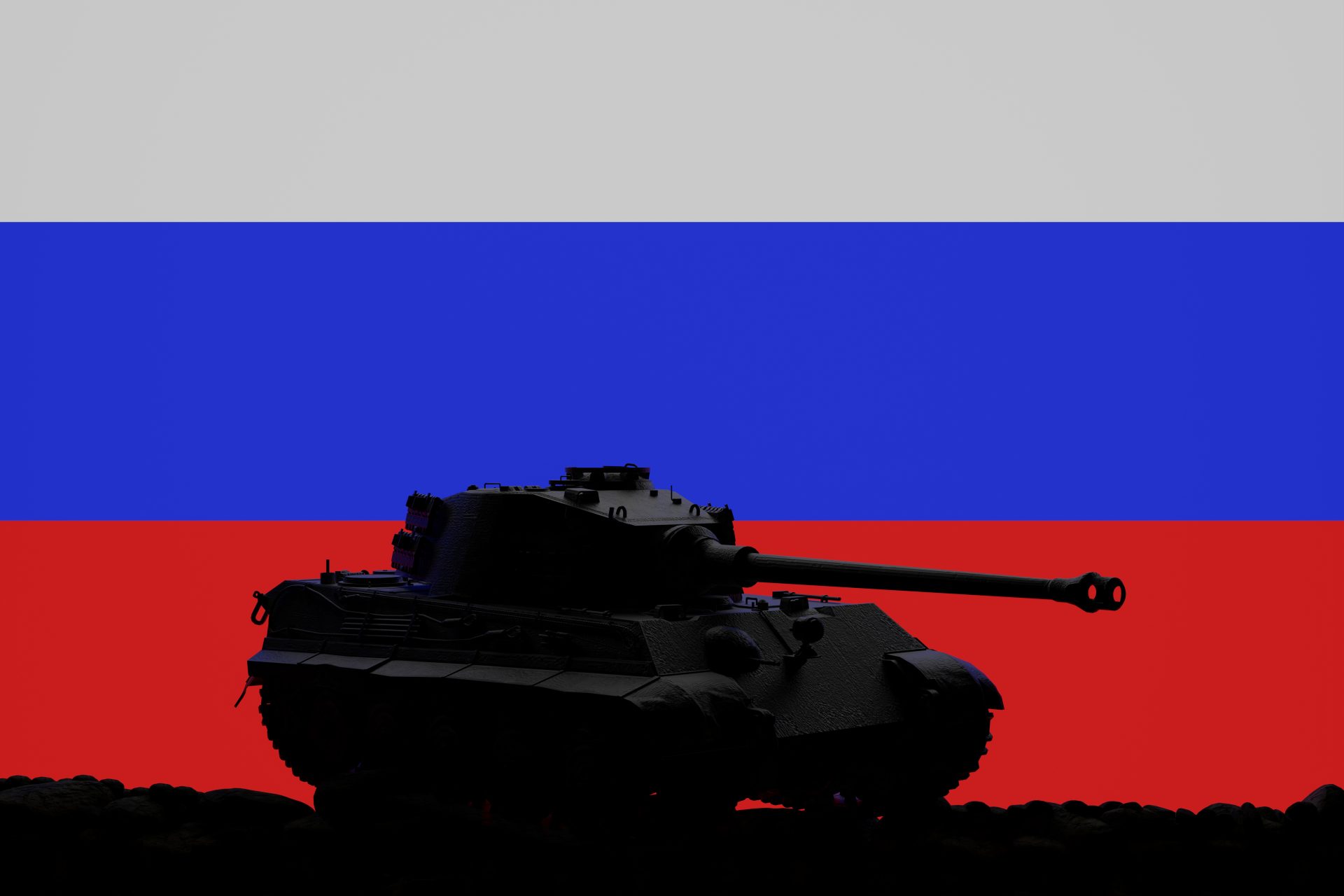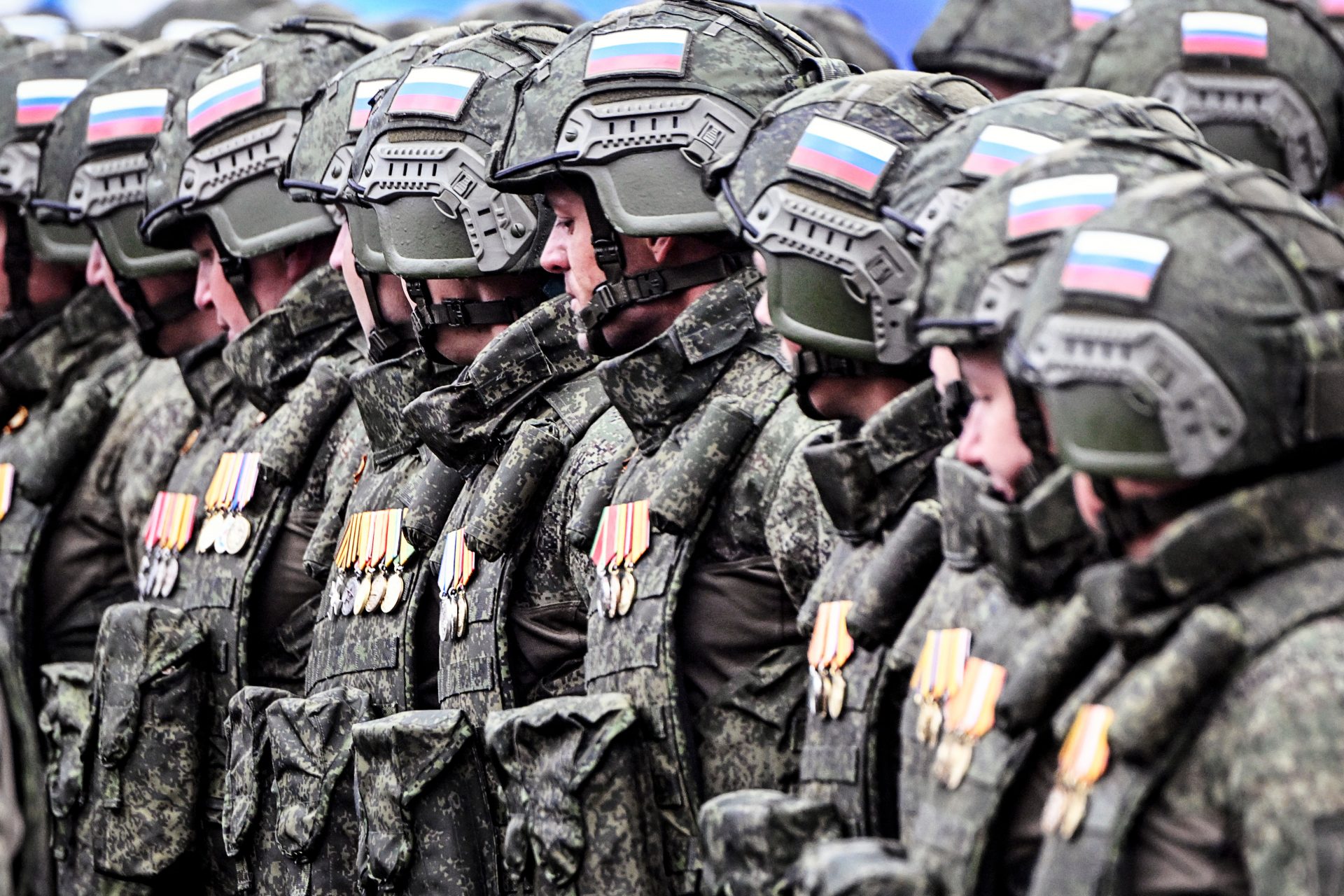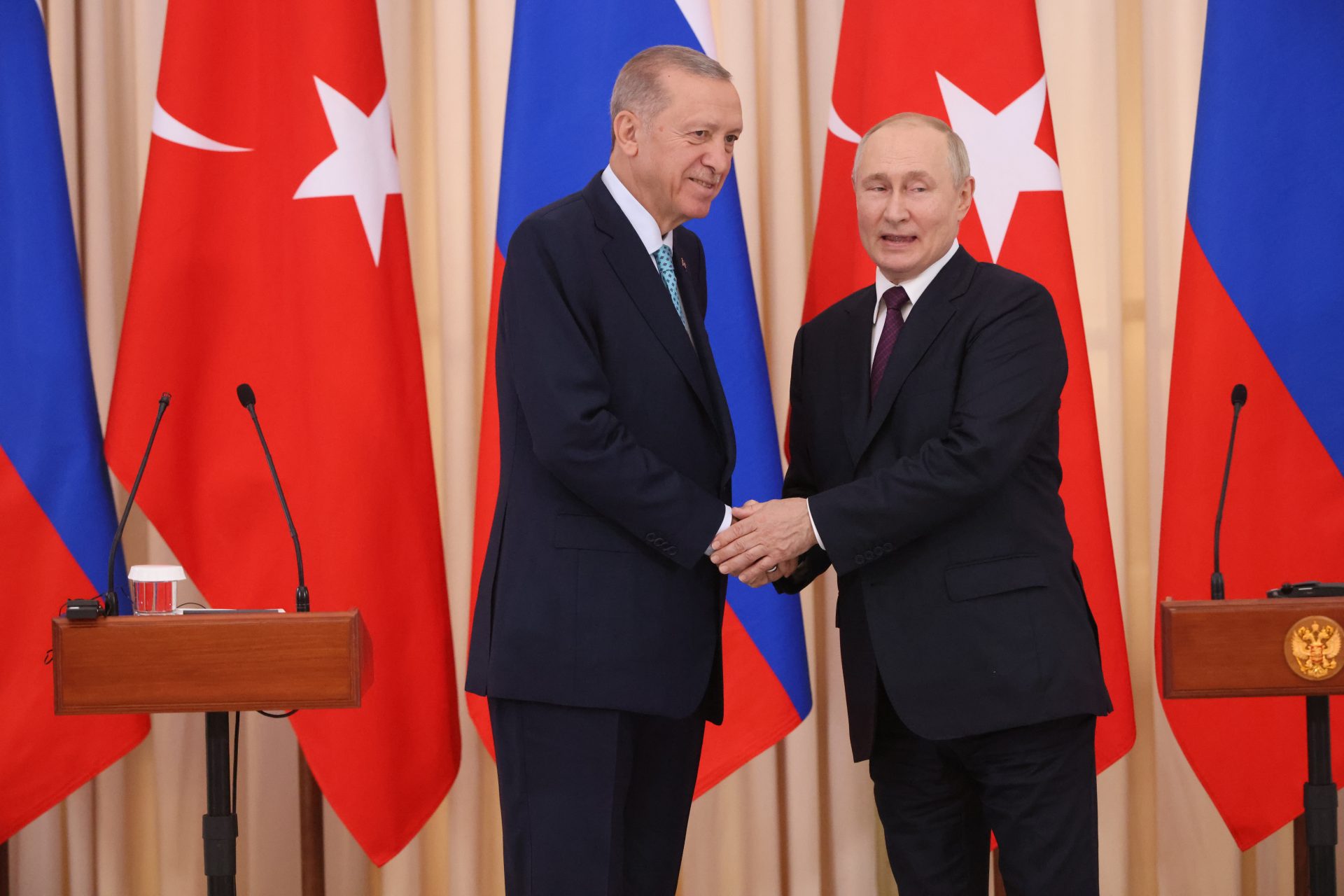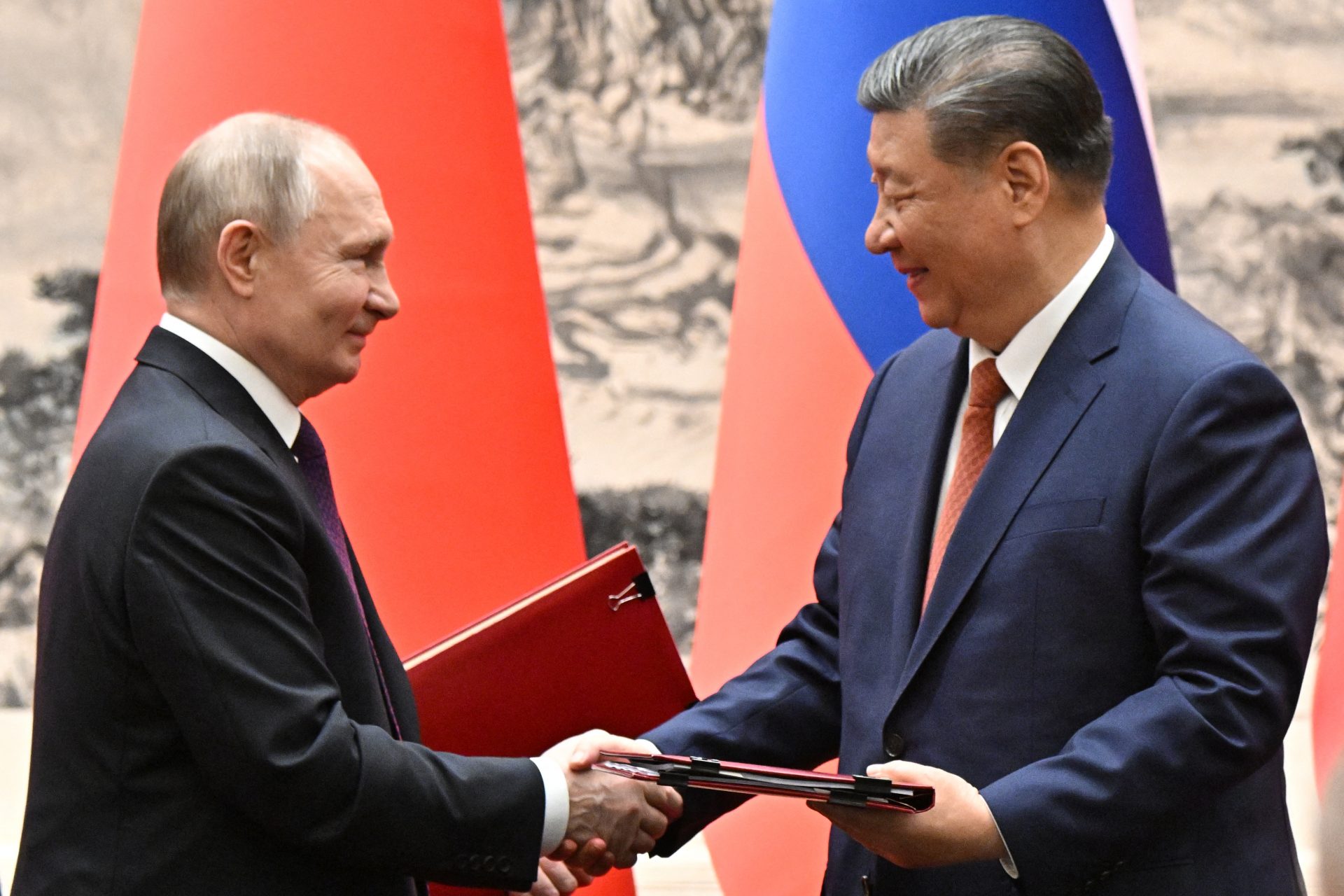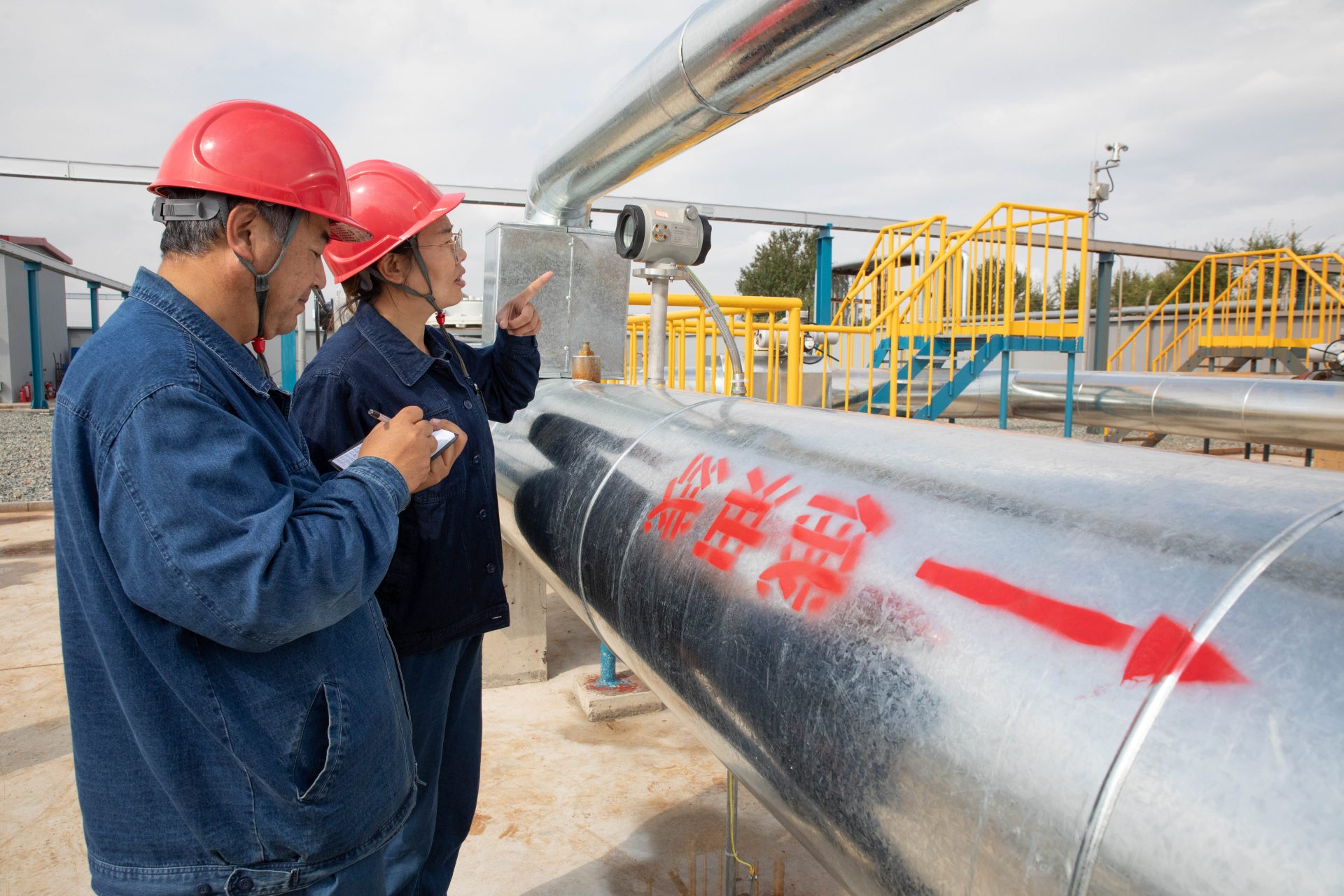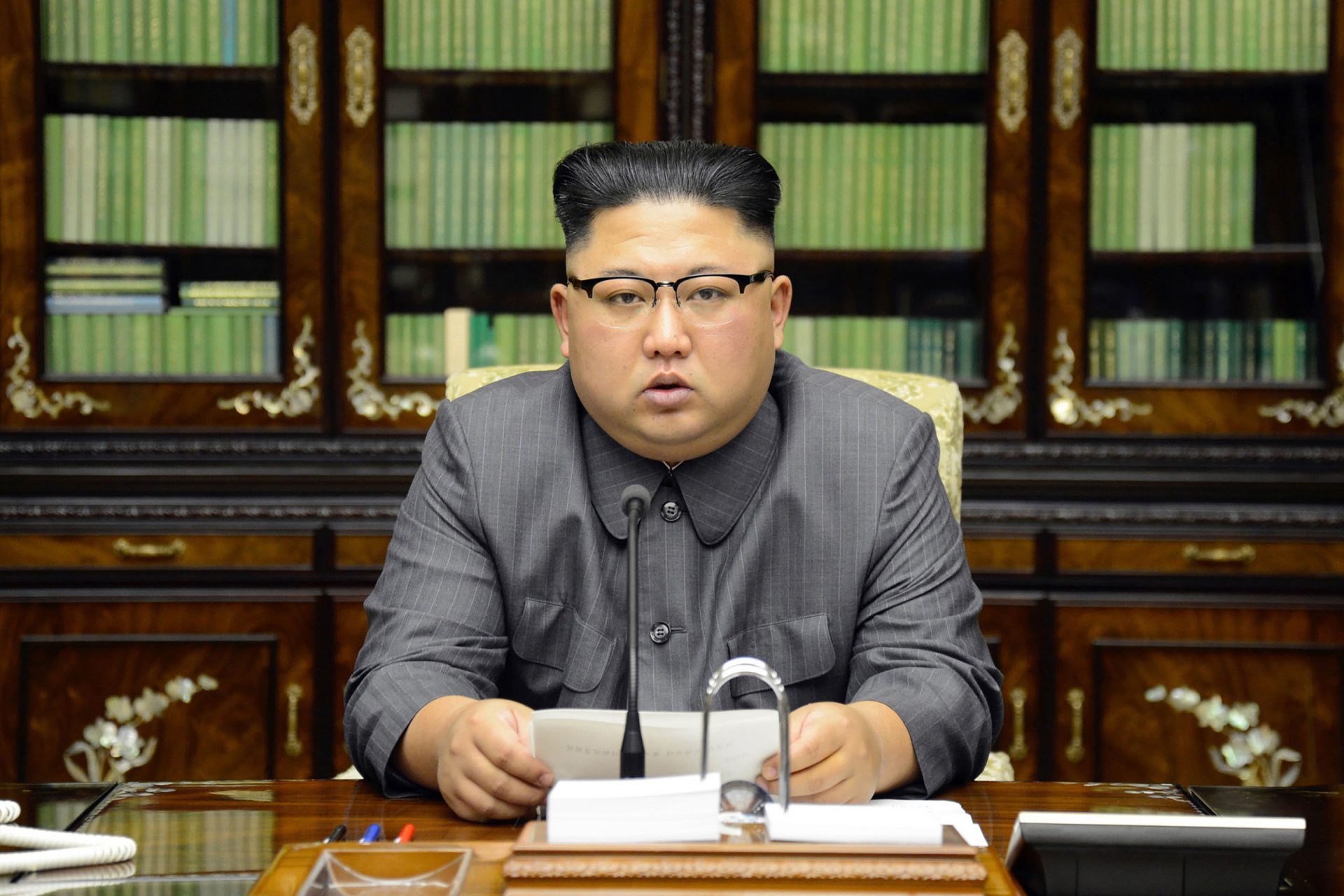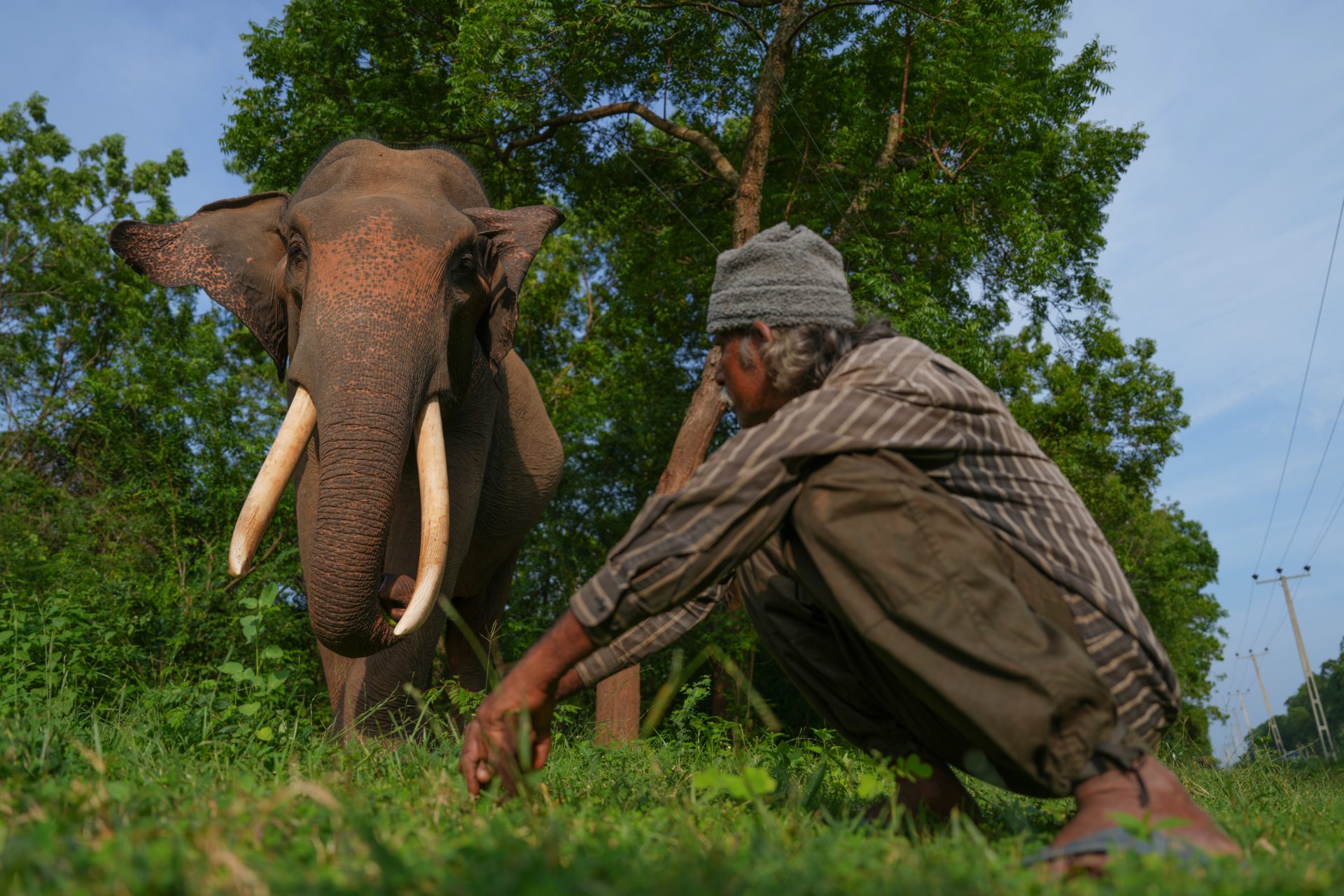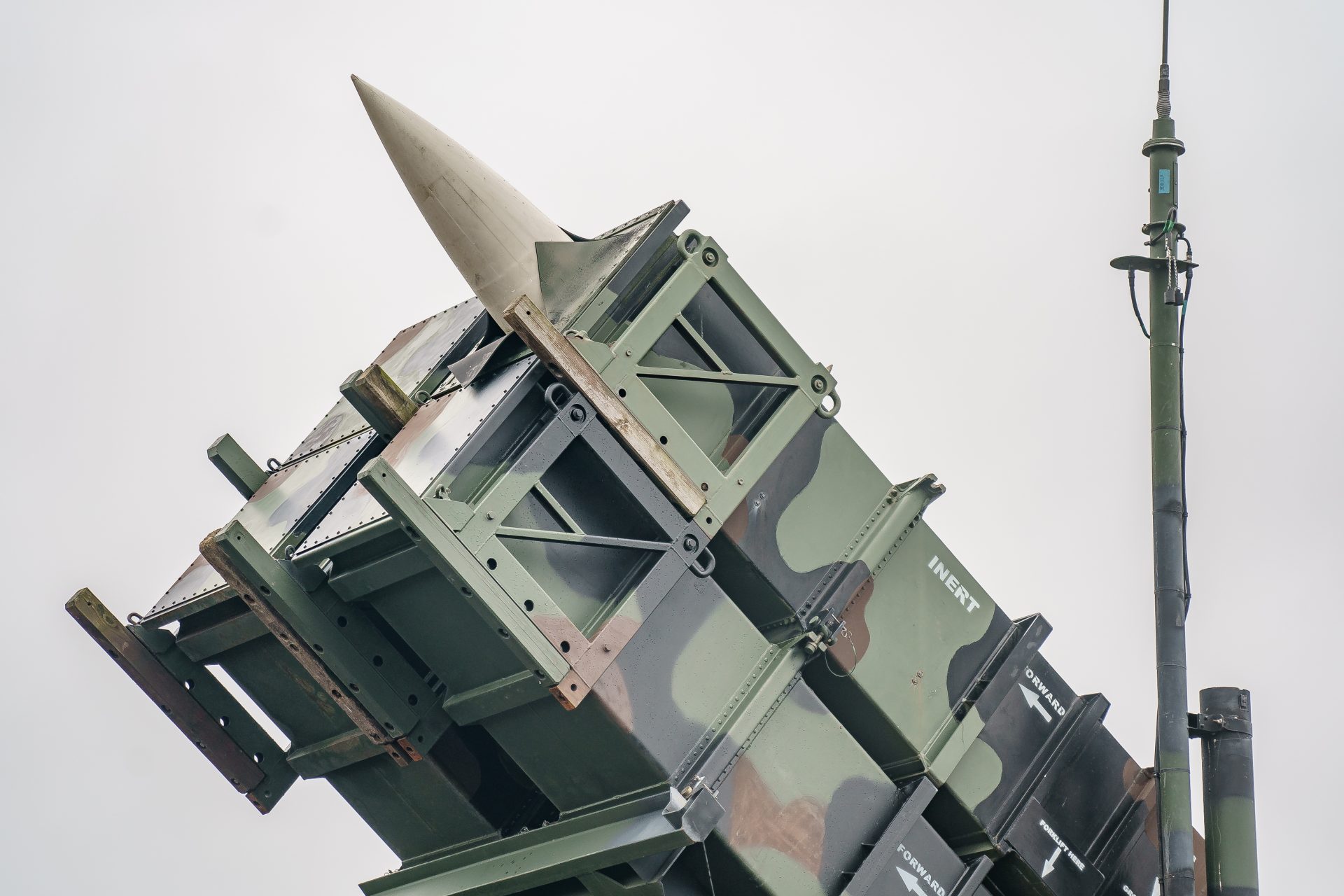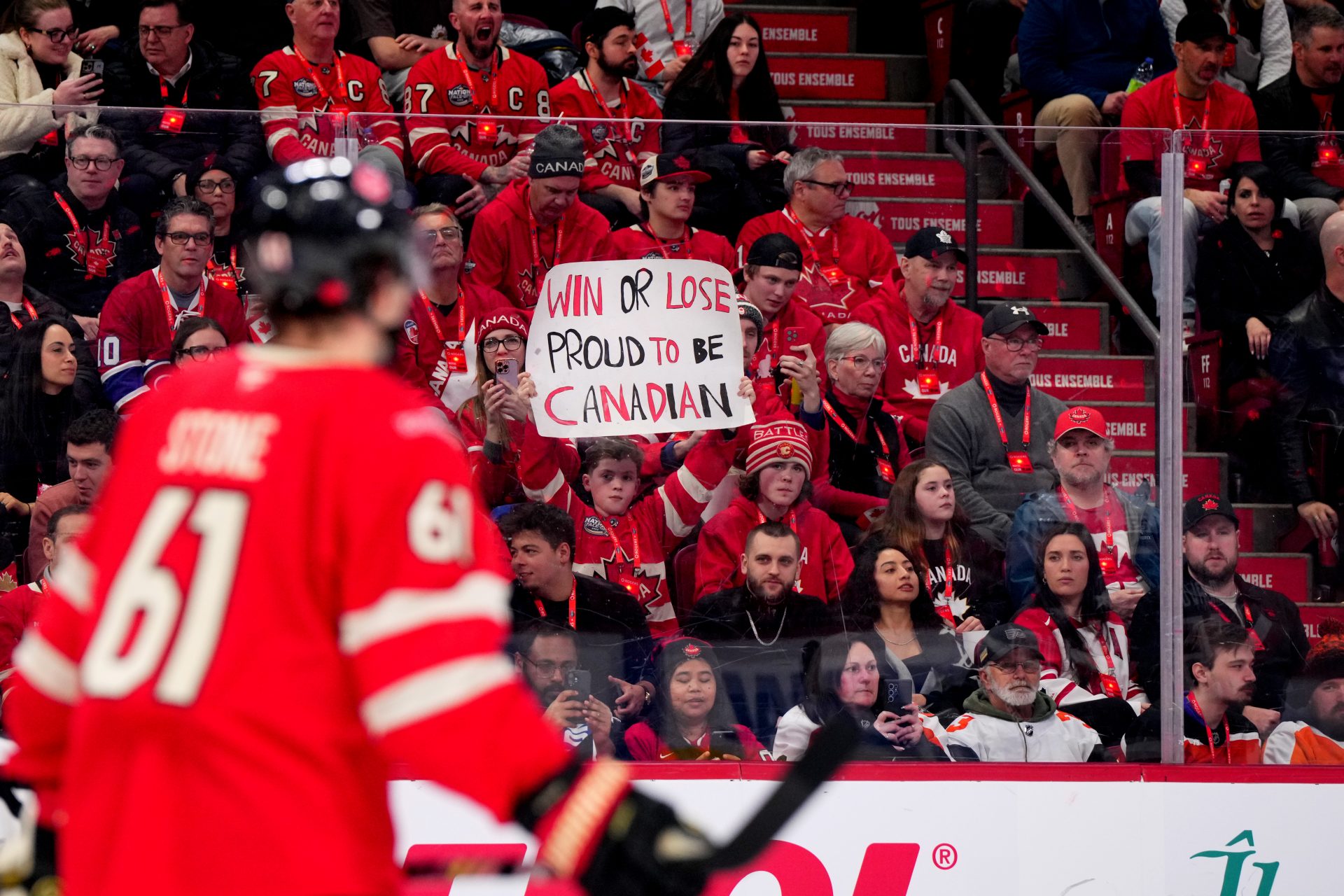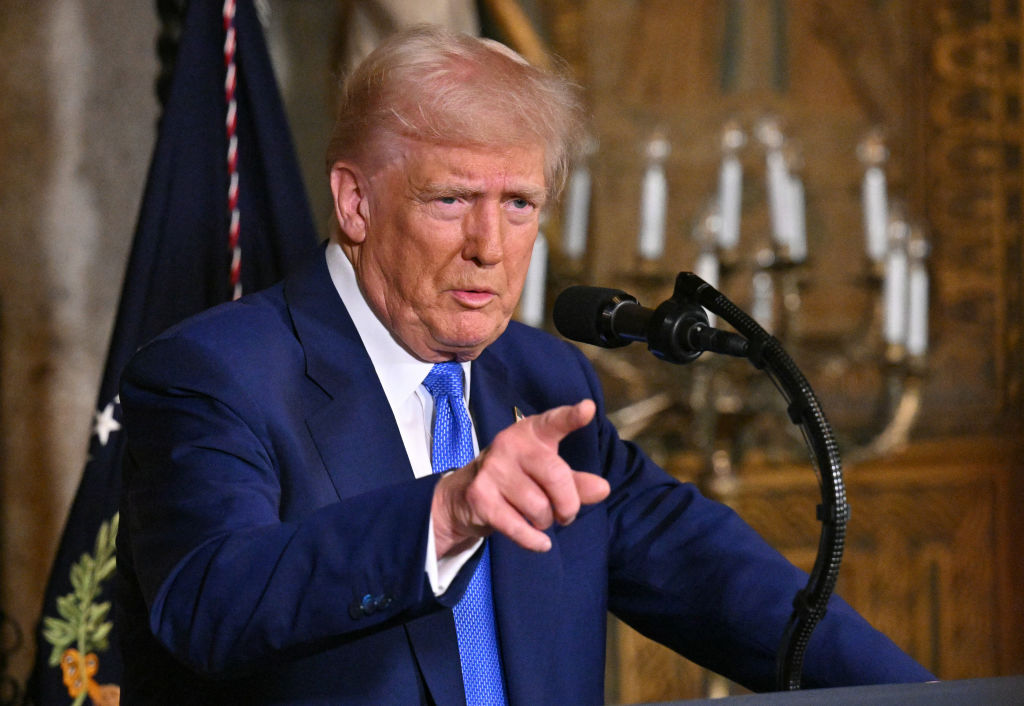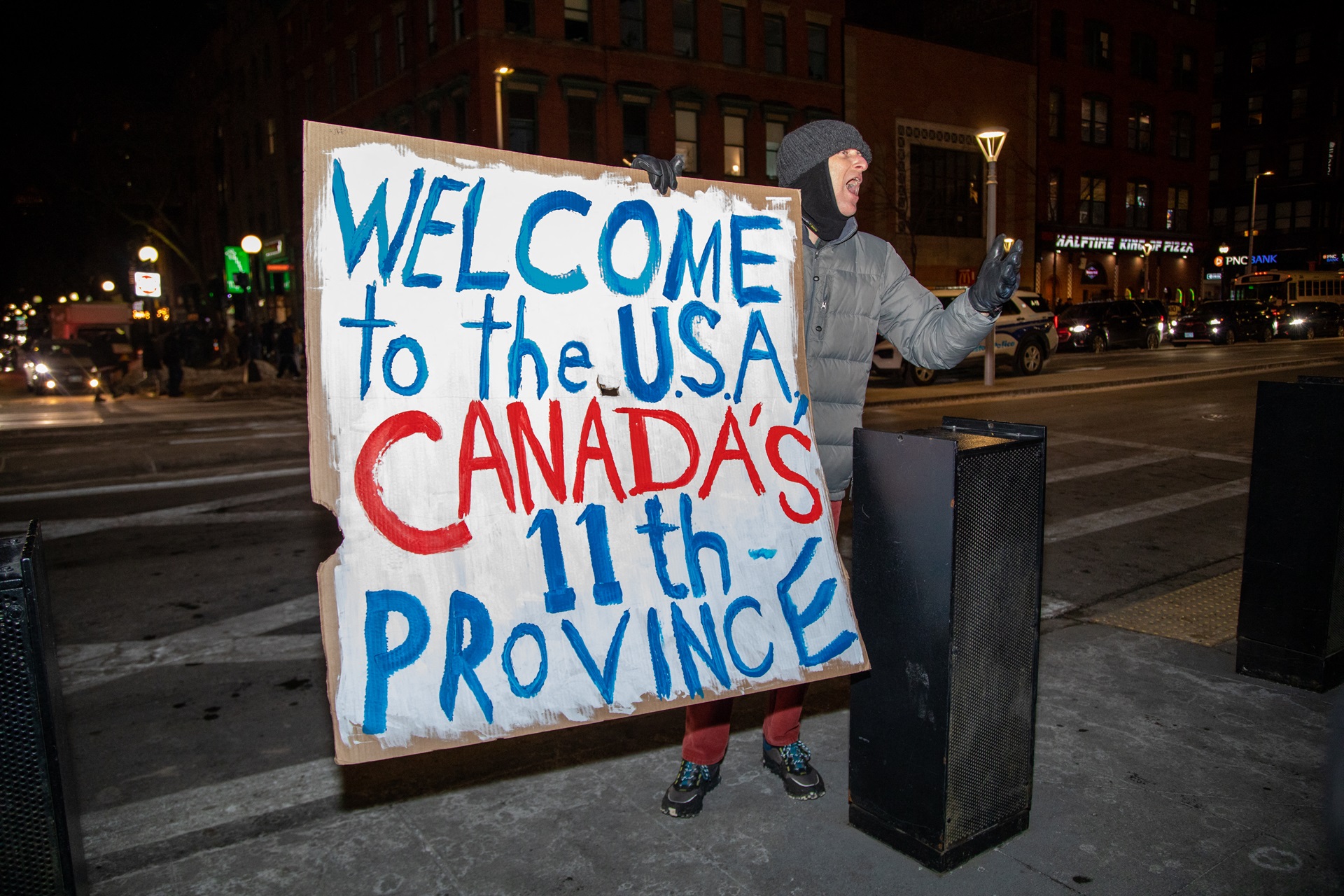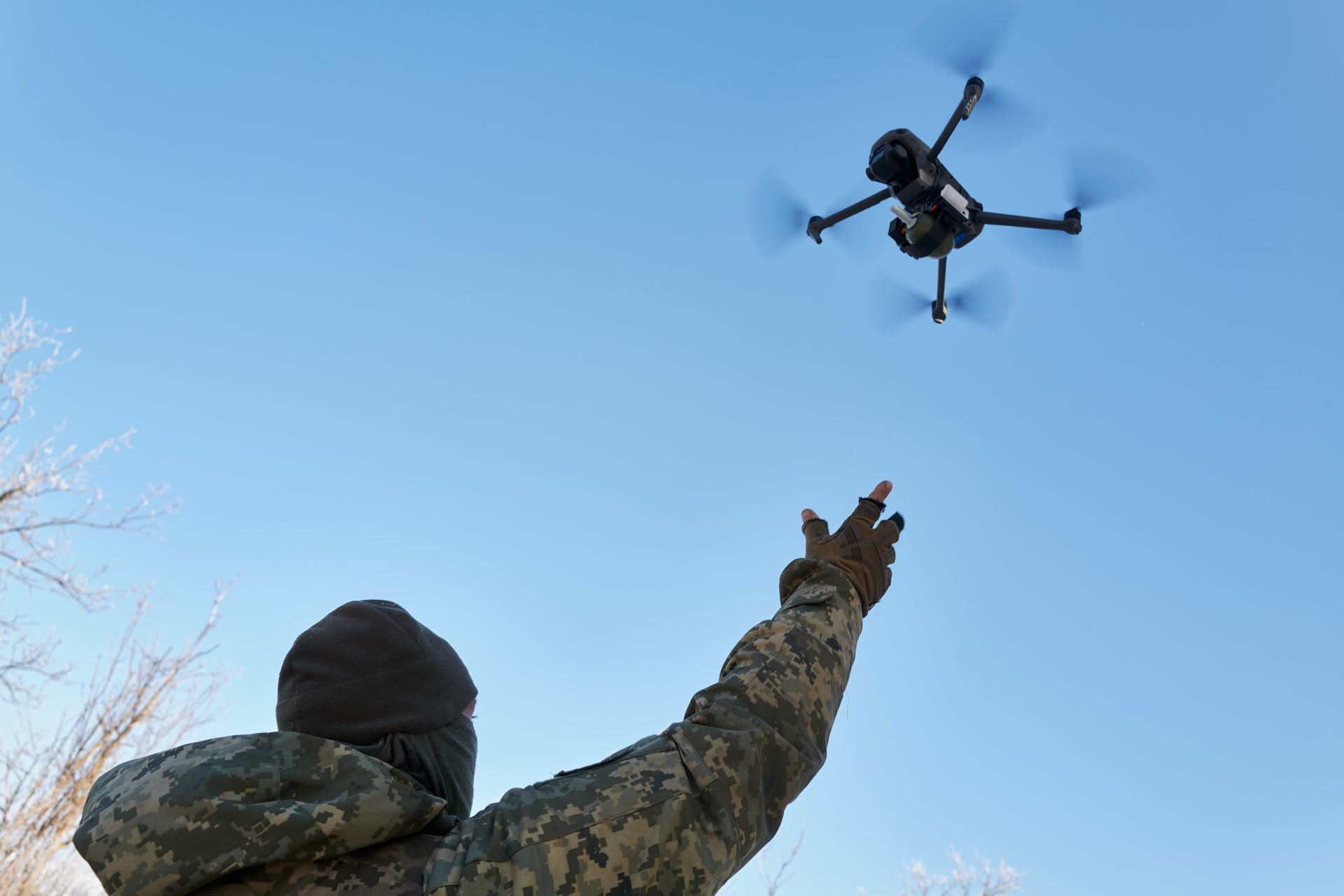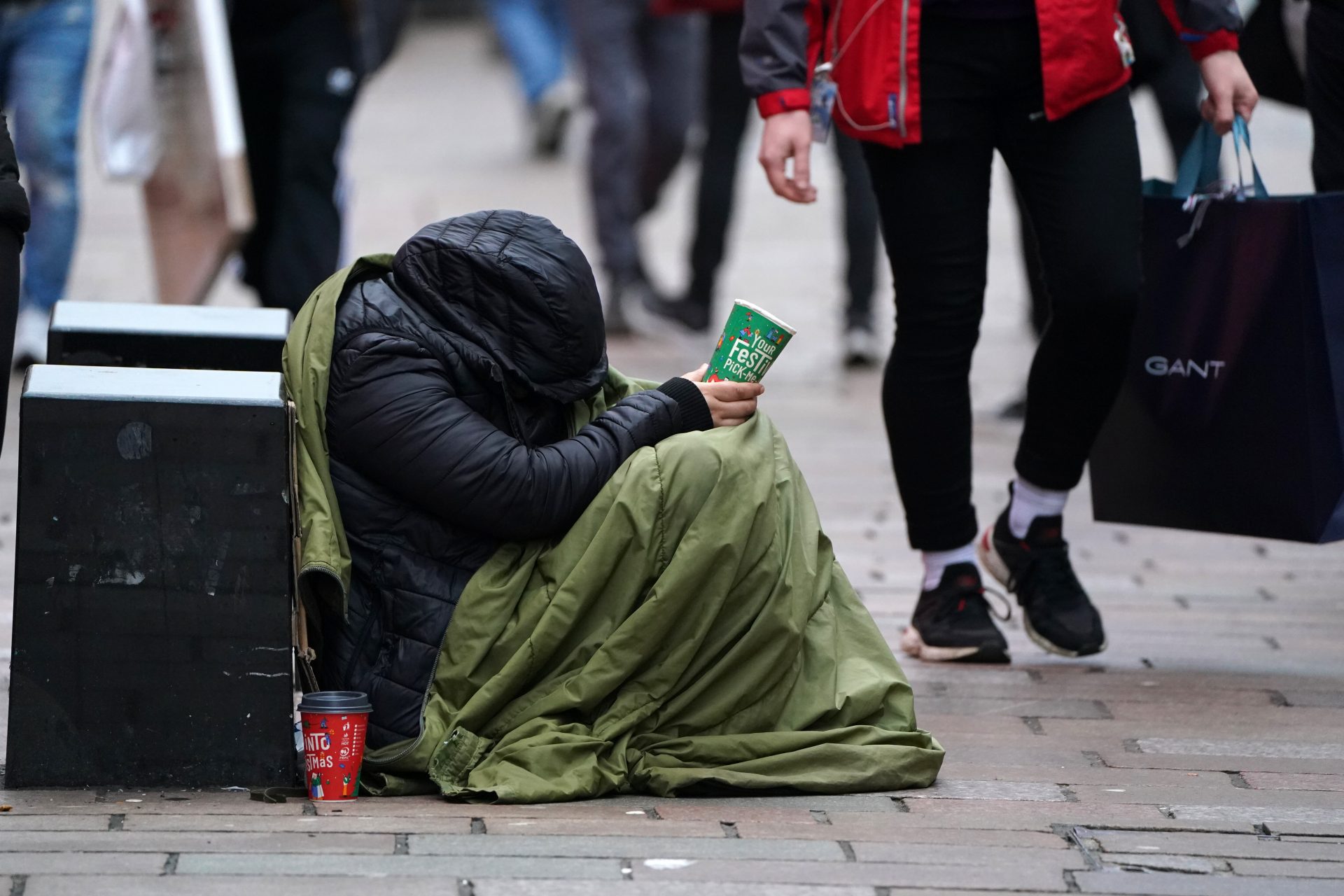Sanctions simply don't work against Vladimir Putin
There are a lot of things you can criticize Vladimir Putin about, from his authoritarian bent to orchestrating his 'special military operation' in Ukraine. However, there's one field he's excelling at: managing the economy in times of war.
Canadian broadcaster CBC reports that Russia has become the country in the world facing the most sanctions, with more than 16,000 decreed against Moscow since the start of the invasion of Ukraine in February 2022.
However, despite the large number of sanctions that Moscow is currently facing, the International Monetary Fund has projected that the Russian economy will grow 2.6% at the end of 2024, surpassing the G7.
“They predicted a recession, failure, collapse”, Russian President Vladimir Putin declared in a public event, back in February, as quoted by CBC. “The entire economy has demonstrated resilience”.
However, AP New highlights that sanctions have demonstrated having a limited capacity to affect probably won’t be enough to stop the Kremlin war machine.
Nonetheless, British newspaper The Guardian writes that Moscow has managed to go around Western-imposed sanctions by simply creating indirect channels through intermediary countries.
Turkey, China, the United Arab Emirates, Armenia, Kazakhstan, Kyrgyzstan, and many other nations that have no sanctions against Moscow are importing numerous products that ultimately are exported to the Russian market.
According to The Guardian, this is called a “sanctions hole”, where every from semiconductors and airplane parts to video game consoles and luxury cars manages to eventually get into Russian territory.
Some of these goods that are indirectly imported to Russia includes equipment and technology necessary to extend the life of the Kremlin military machine, virtually rendering sanctions null.
Brookings Institution fellow Robin Brooks tells The Guardian about how the export of German cars to Kyrgyzstan went up an astonishing 5,100% since the beginning of the war.
“It is not because people in Bishkek decided that they love Mercedes. These are cars that are going to Russia. This stuff mostly doesn’t even arrive in Kyrgyzstan. Kyrgyzstan just is put on the invoice,” Brooks said to The Guardian.
Political news website Politico highlights that Turkey and the UAE are, historically, the “front lines” of sanction evasions.
Likewise, Belarus, Armenia, and former Soviet republics in Central Asia have also proven useful in facilitating goods from the West to Russia.
However, the biggest help comes from the Asian superpower that Russia happens to border with.
The BBC writes that, ever since the sanctions came into effect, China has not only become a strong and reliant ally and trade partner for Russia, but vital to deal with Western economic restrictions.
US Secretary of State Antony Blinken told BBC news that currently about 70% of machine tools and 90% of microelectronics that Russia imports come from China.
“Those are being used to help Russia on what's an extraordinary crash course effort to make more munitions, tanks, armored vehicles, missiles”, Blinken declared.
Beijing, meanwhile, has defended its trade with Moscow, claiming that is not exporting weapons to Russia and following international laws and regulations to a tee.
According to the BBC, China has become Russia’s key supplier for cars, clothing, raw materials and many other products. Trade between the two nations went up 62% between 2021, before the invasion of Ukraine, and 2023.
With US and European companies ceasing their operations in Russia, local entrepreneurs have stepped in offering alternatives to better-known Western brands.
AP News provides the example of Vkusno & Tochka (Tasty and That’s It), a restaurant franchise that emerged among former McDonald’s locales across Russia.
At the end, sanctions are a form of indirect attrition. The first one to win this financial game of arm wrestling is the last one to give up.
More for you
Top Stories




